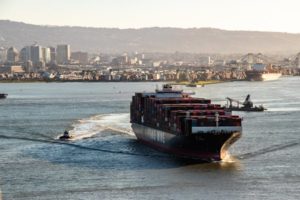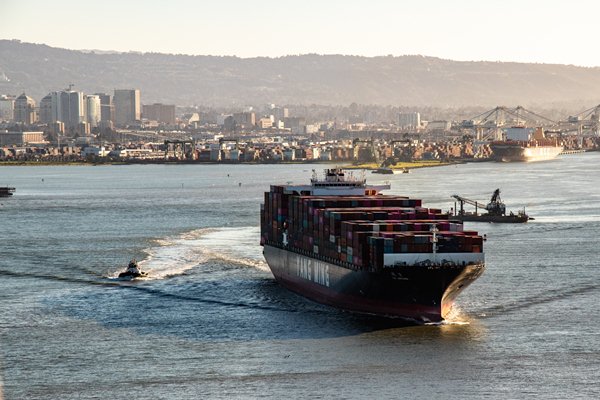 The International Maritime Organization (IMO) said the new sulfur cap policy, which took effect on January 1, 2020, is being implemented successfully without significant disruption to maritime transport.
The International Maritime Organization (IMO) said the new sulfur cap policy, which took effect on January 1, 2020, is being implemented successfully without significant disruption to maritime transport.
“Information from various sources has indicated a relatively smooth transition to the 0.50% sulphur limit,” said the IMO in a new statement.
Prices for compliant fuels—very-low sulfur fuel oil (VLSFO) and marine gas oil (MGO)—rose quickly initially but now appear to be stabilizing, it added.
As of January 20, there have been 10 cases of compliant fuel being unavailable reported in IMO’s Global Integrated Shipping Information System (GISIS); and the dedicated email address established by the IMO Secretariat has not received any specific correspondence reporting issues with implementation.
IMO Secretary-General Kitack Lim said, “I believe it is testimony to the diligence and dedication of IMO, its Member States, the shipping industry, the fuel supply industry and other relevant industries that such a major rule change is being implemented successfully without significant disruption to maritime transport and those that depend on it.”
Since January 1, the global upper limit on the sulfur content of ships’ fuel oil has been reduced to 0.5% from 3.5% under the IMO 2020 regulation. This is significantly reducing the amount of sulfur oxide emanating from ships and will have major health and environmental benefits, particularly for people living close to ports and coasts.
The Baltic and International Maritime Council (BIMCO) in a recent statement noted the big spike in the cost of low-sulfur fuels in the last quarter of 2019 as demand jumped on the eve of the IMO 2020 implementation.
“The rising cost of low-sulphur fuels illustrates the massive challenge that shipowners have been faced with overnight,” it said.
IMO said the industry should also prepare for the effectivity of the high-sulfur fuel oil (HSFO) carriage ban, which prohibits ships without an exhaust gas cleaning system (scrubber) to even carry bunker fuels with sulfur content above 0.50%.
Lim said, “The next important target is fast approaching, when carrying non-compliant fuel oil on board ships becomes prohibited on 1 March 2020. I urge all shipowners, operators and masters to comply with the carriage ban, where applicable, when it comes into effect.”
Photo by Austin Filippi on Unsplash





